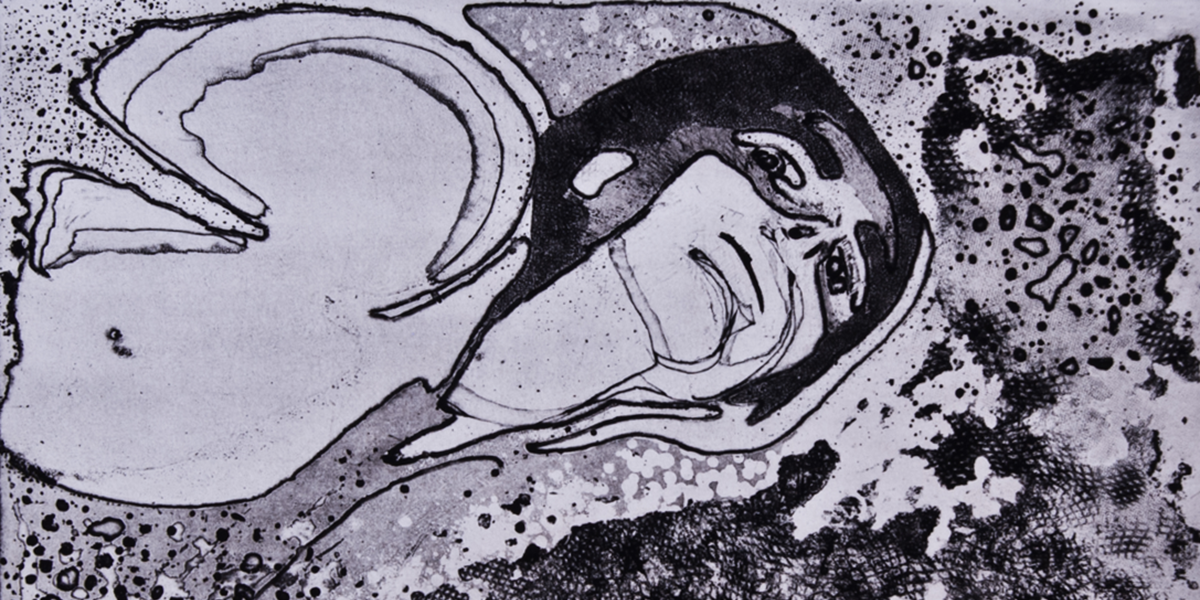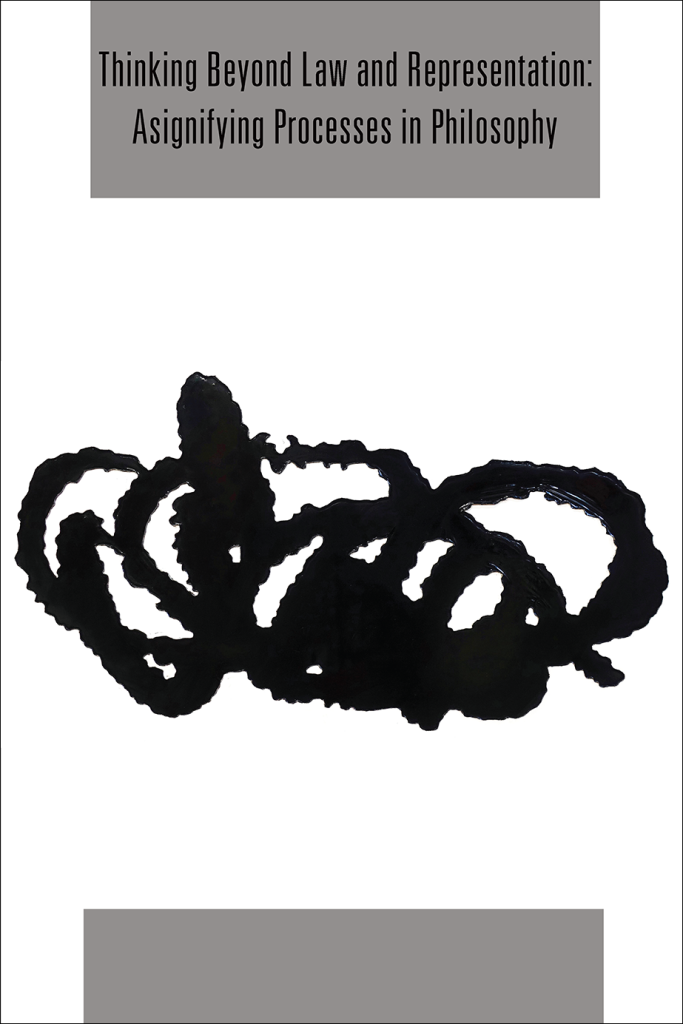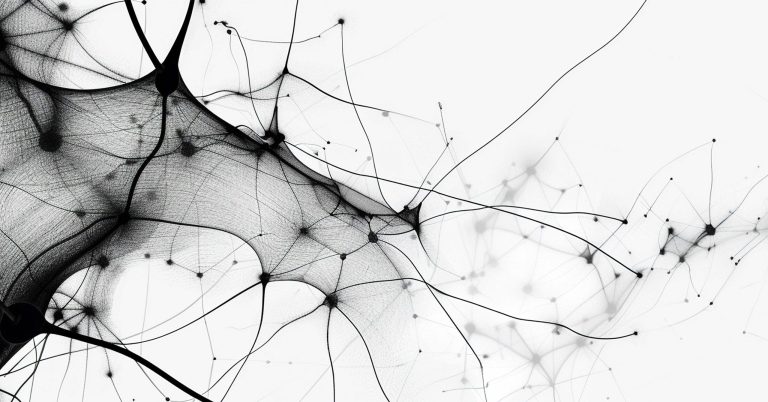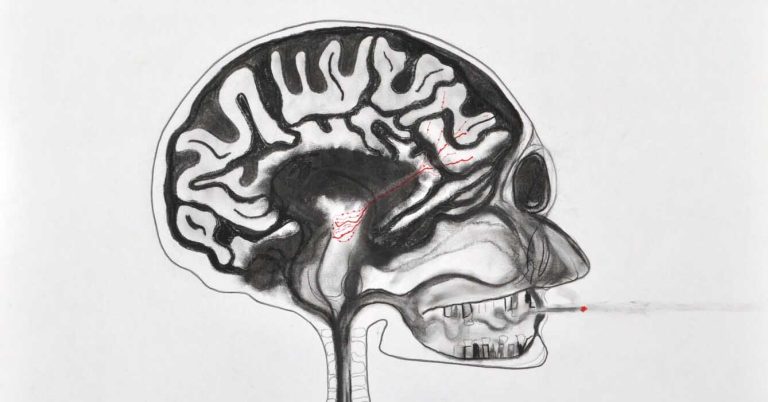
By Kevin K. Thomas
In the decades after the Second World War, debates emerged within the psychoanalytic movement over the nature of aggression as a factor in the origins of fascism. In the context of these debates, Deleuze and Guattari read Marx’s Capital as essential for understanding the social, material conditions for the emergence among the masses of a perverse desire for fascism. I explore this reading of Capital in my essay ‘Spinoza, Marx and Anti-Oedipus: A Labour Theory of Repression’ in Deleuze and Guattari Studies.
As a reader of Capital, one is affected by frequent instances of Marx’s dark humour, which Deleuze and Guattari understand as the passion which fuels the text. This passion is a fascination in Marx with the composition of the capitalist economy and its development of a class who is enslaved and invested in the system such that they maintain it even without the requisite subjective ideology which enabled feudalism. They equate Marx’s dark humour in this respect with a political philosophical question first formulated by the philosopher Spinoza: essentially, why do people struggle for their servitude as if it were their liberation? As it pertains in retrospect to the problem of fascism, this is the guiding question of Deleuze and Guattari’s 1972 Anti-Oedipus: Capitalism and Schizophrenia.
Social repression as a factor of social production
For Spinoza, if an affect arising within us is not explicable according to our striving to persevere, then we should consider the possibility of its cause in an external power ruling over us, for desire – as a determination to do something – is inseparable from the composition of our relations. Whether certain relations are good or bad depends on whether they increase or diminish one’s power of acting in the world. Liberation from an affect driven by some evil external body requires a clear idea of its cause.
This is what Deleuze and Guattari find in Marx’s Capital: a conception of the extrinsic social relation ruling over us. Along similar ethical lines to that of Spinoza, Marx critiques the division of labour in the capitalist mode of production, particularly that of manufacture and machine production, explaining how it enriches the productive power of capital by the impoverishment of individual workers’ productive power.
In Marx’s history of the development of manufacture and large-scale industry, he explains how the worker is modified through division of labour into an appendage of the system and subjected to conditions with pathological levels of suppression of drives and inclinations. Moreover, the worker becomes enslaved to capital by the very nature of their relation to it. Through increased productivity typically by augmented division of labour, the workers’ degree of independence is reduced as the intellectual and scientific potentialities are separated from them and concentrated within the machines that confront them. Hence, Deleuze and Guattari describe social repression as operating within social production and describe factories as literal prisons.
Fascism as a tendency at the limits of capitalism
The general shift of labor from a more central role within production to a more marginal one involves quantitative and qualitative changes in the composition of capital, which produce a falling rate of profit. When the limits to the rate of profit are reached, capital can overcome them, but only by displacing them at a greater scale – whereby exploitation continues to grow independently of and even simultaneously with increases in standards of living. These dynamics are what Marx described in Capital Volume 3 as counteracting factors against the tendency for the rate of profit to fall: banking, finance capital, increased exploitation of labour, and diminution of the cost of constant capital.
Breaking points thus come, just not for capital itself. As the limits to surplus-value are displaced, so too are the limits for exploitation, and all the dependency and repression that comes with it. For Deleuze and Guattari, Marx’s law of the counteracting tendency is therefore relevant for analyzing the relationship between capitalist society and mental illness, including fascism as a realized nihilism.
In the same contexts of crisis wherein counteracting factors are required, fascism emerges as a paranoid reaction against minority groups: a desire to displace the Other, ‘the foreigner’ as the solution to the economic situation. More suicidal than totalitarian, fascism first develops at the level of social relationships as a sort of pathology, an intense line of escape from the compositional limits of capital. Fascism not only emerges from the relation with capital but is also modelled on capital itself, for it too operates on the basis of break down, carrying the potential of becoming a line of absolute destruction and prohibition.
Following the Spinozist principle of needing a clear idea of the external power ruling over us in order to be free of passions it causes in us, those without a coherent concept of capital and its dynamics are more susceptible to sympathizing with such fascistic sentiments. However, in the same contexts, we also find greater interests in the revolutionary potentials of art, science, and analysis, particularly for understanding and circumventing the rule of capital, such as in political economic texts like Marx’s Capital and psychoanalytic texts like Deleuze and Guattari’s Capitalism and Schizophrenia.
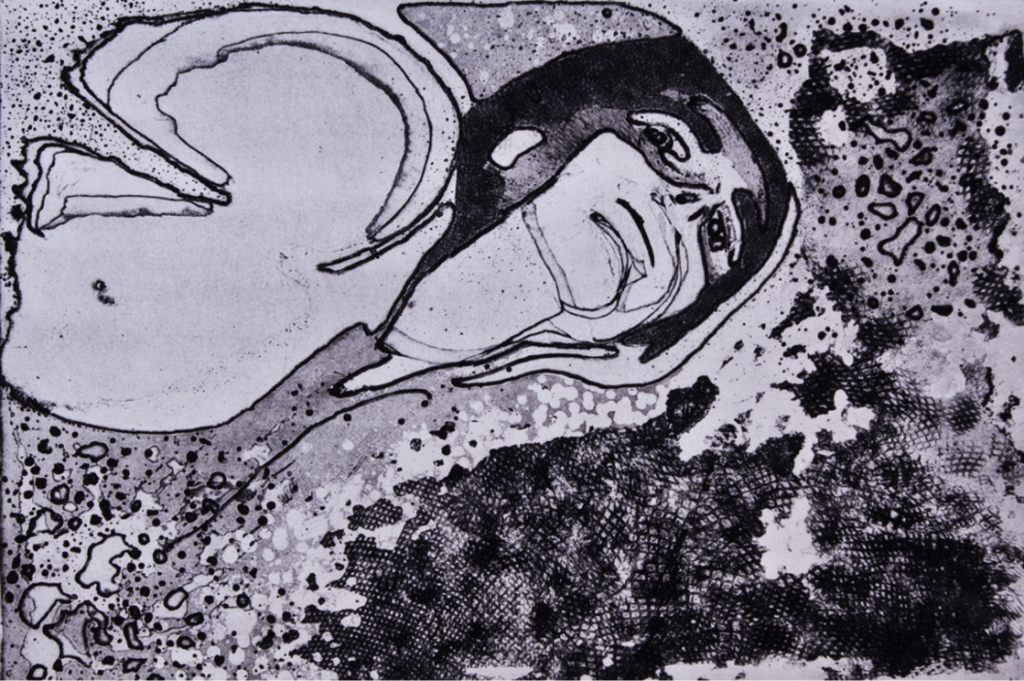
Sign up to our mailing list to keep up to date with all of our free content and latest releases
About the journal
A bold and genuinely interdisciplinary journal, Deleuze and Guattari Studies does not limit itself to any one field: it is neither a philosophy journal, nor a literature journal, nor a cultural studies journal, but all three and more.
Articles explore the work of Gilles Deleuze and Félix Guattari, as well as critical reviews of the growing field, new translations and annotated bibliographies.
Sign up for TOC alerts, subscribe to Deleuze and Guattari Studies, recommend to your library, and learn how to submit an article.

About the author
Kevin K. Thomas is an independent scholar and author of the blog ‘Marx & friends.’ His 2019 M.A. in Humanities thesis was on the reconciliation of Marxism and Freudianism in Mad Love (1937) by the Surrealist André Breton.
Explore related articles on the EUP blog
Alienation Reconsidered: Fischbach on Marx and Spinoza
Understanding Stoicism with Deleuze
Reconceiving ‘Wellbeing’ in AI Governance: Prosperity without Autonomy?


